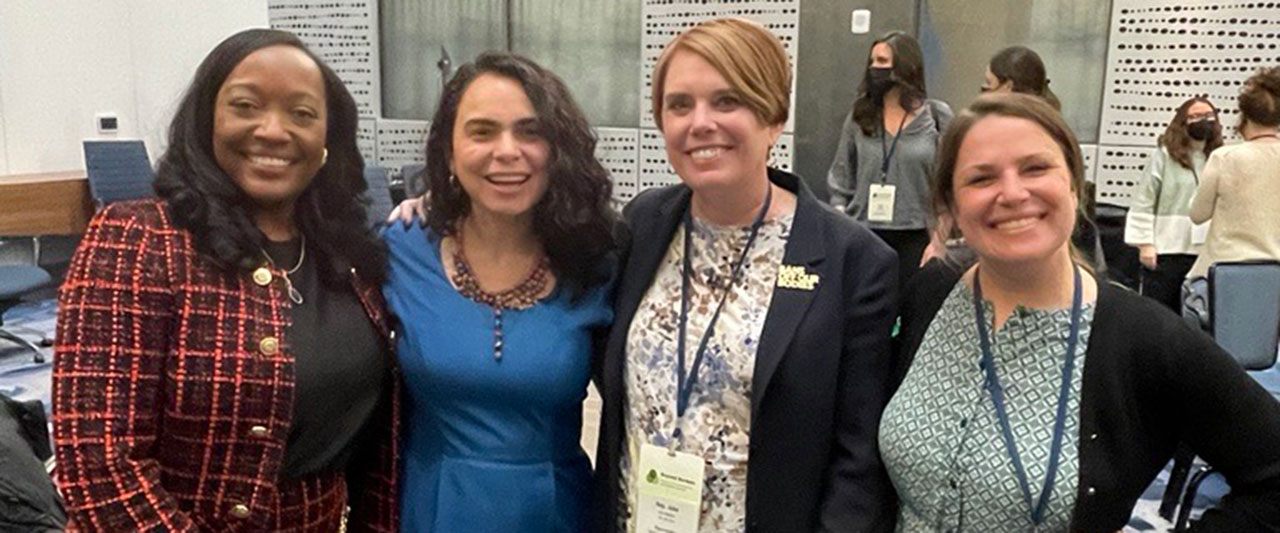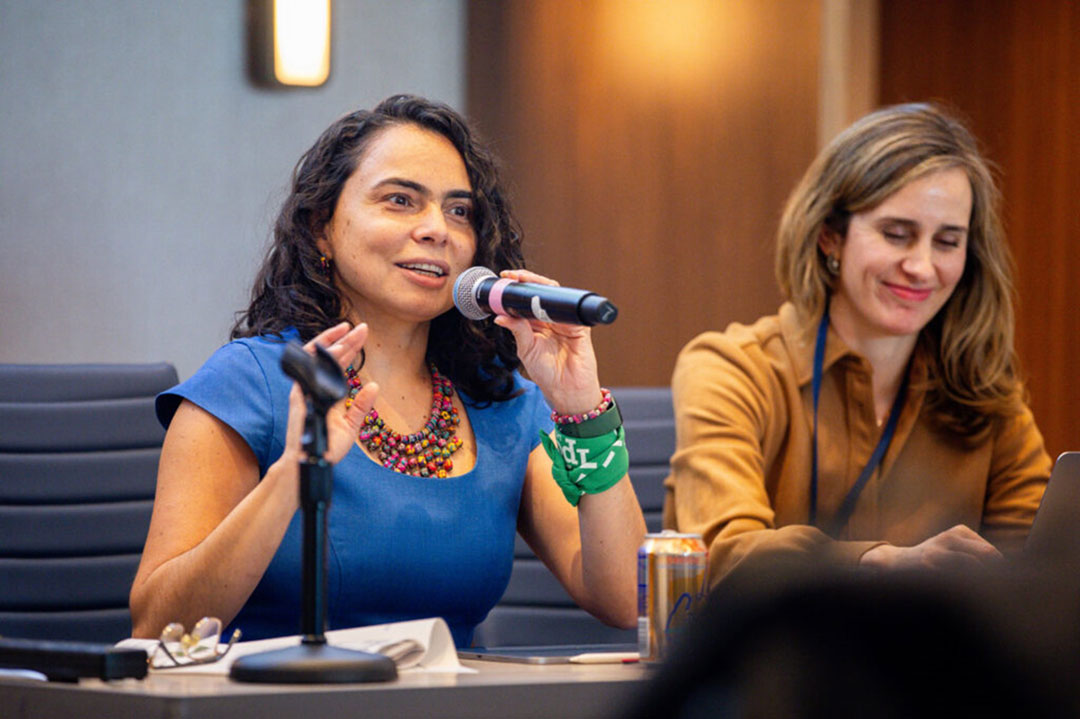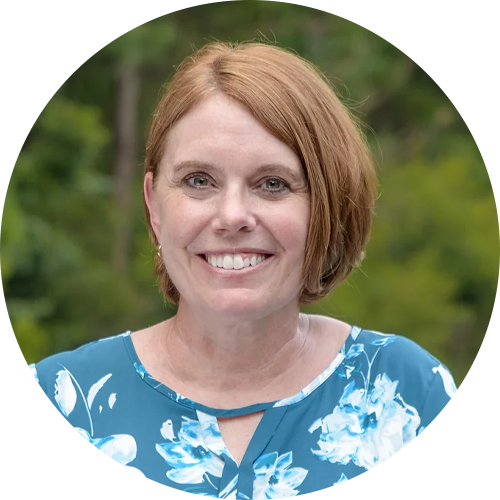In the nearly two years since the U.S. Supreme Court struck down the constitutional right to abortion in the United States, the abortion landscape has become fragmented and increasingly polarized. In more than half of the 50 U.S. states, abortion is now completely banned, heavily restricted or under legal threat.
With that divided landscape as a backdrop, dozens of U.S. state-level lawmakers gathered recently with abortion rights advocates and human rights experts from the United States and ten other countries to share ideas and strategies for expanding abortion access in legally restrictive settings.
They convened at the “Beyond Borders” conference in Washington, DC, which was sponsored by State Innovative Exchange (SIX) and the O’Neill Institute at Georgetown Law. More than 120 participants—about 50 state lawmakers in addition to advocates and experts from the United States, Mexico, Kenya, India and several other countries—attended the two-day meeting, where Ipas was represented by staff and leaders from the United States and Latin America.

From left to right: NC State Senator Natalie Murdock, Ipas Latin America and the Caribbean Director María Antonieta Alcalde, NC State Representative Julie von Haefen, and Ipas Senior Legal and Policy Advisor Bethany Van Kampen Saravia at the Beyond Borders conference.

Using a human rights framework to fight for abortion access
A key focus of discussion was the prospect of using the framework of international human rights to advance abortion rights in the United States. It’s a strategy that advocates in many countries around the world have used successfully to expand legal access to abortion care, including in heavily restricted settings such as Latin America.
“
As U.S. advocates grapple with our new reality, it helps to recognize that the fight for abortion access is a global movement. Advocates from outside the U.S. have winning strategies that everyone can share and learn from,” says Bethany Van Kampen Saravia, Ipas senior legal and policy advisor, who participated in the conference.
“In the U.S. today, the need for human rights-based activism is clear and compelling, especially in light of recent findings by the UN Human Rights Committee,” Van Kampen Saravia notes. Last November, in response to testimony from Ipas and other partners, the committee concluded that the United States is violating human rights by denying legal access to abortion—and should take immediate action to end the criminalization of abortion at federal, state and local levels.
The committee also called on the U.S. government to bring its laws in line with the World Health Organization’s 2022 Abortion Care Guideline, which calls for the full decriminalization of abortion and recommends that abortion care be made available upon request and without any grounds-based or gestational restrictions.
“What the committee is saying is that human rights matter—and that abortion rights are human rights,” says Van Kampen Saravia. “Now it’s up to us to hold the U.S. government accountable for stopping the human rights violations the UN has pointed out. And we are determined to do just that. Working with partners and legislative champions, we plan to make these UN recommendations a reality on the ground in the United States.”
State lawmakers take lessons to heart
North Carolina State Representative Julie von Haefen was among the state lawmakers at the conference. She has fought for laws to expand access to abortion in North Carolina, where the law now bans abortion at 12 weeks or later, and also took part in a similar gathering of U.S. state lawmakers and abortion rights activists held in Mexico in 2022.
“
Hearing firsthand from advocates from around the world gives us important perspectives and ideas for how we can continue to battle against abortion restrictions here in the U.S.,” says von Haefen. “Oftentimes, the work feels lonely and isolating, but conferences like this show us we aren’t alone—we are part of a worldwide community.”


